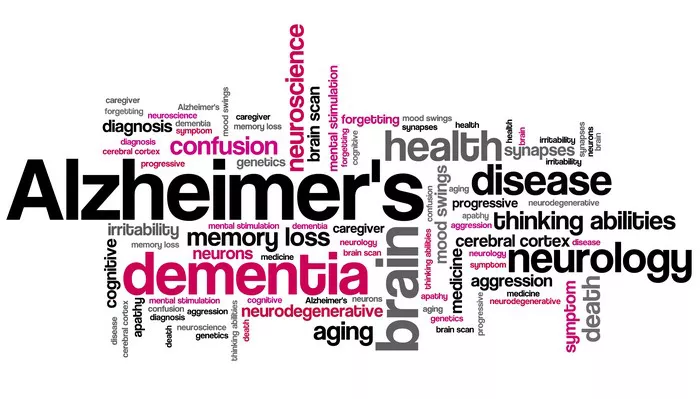A new study led by the University of Southern California (USC) has found a significant link between blood vessel dysfunction in the brain’s temporal lobes and mild cognitive impairment (MCI), a condition often considered a precursor to dementia. The research, published in the journal Neurology, suggests that problems with the microvasculature, or the small blood vessels in the brain, may serve as an early biomarker for memory issues, regardless of the presence of amyloid plaques typically associated with Alzheimer’s disease.
The temporal lobes, located on the sides of the brain near the ears, are key areas responsible for memory and cognitive function. The study reveals that impaired blood flow in these regions could be an early warning sign of cognitive decline and may present an important target for future therapies.
The study, led by Daniel Nation, Professor of Gerontology and Medicine at the USC Leonard Davis School of Gerontology, involved 144 older adults living independently in the community. The participants underwent a series of assessments, including neuropsychological testing, blood sampling, and brain MRI scans.
During the MRI scans, participants were asked to hold their breath for 15-second intervals. This exercise, designed to dilate the brain’s blood vessels naturally—a process known as cerebrovascular reactivity—helps regulate oxygen levels in the brain. The researchers paid special attention to how the blood vessels in the temporal lobes responded to this stimulus.
The study found that individuals with cognitive impairment exhibited a dysfunction in their brain’s blood vessels, particularly those in the temporal lobes. Participants who were unable to dilate their blood vessels properly during the exercise showed signs of memory problems, regardless of whether they had amyloid buildup in the brain, a hallmark of Alzheimer’s disease.
“This approach allows us to pinpoint the issue directly to the blood vessels and their ability to dilate, which is a novel way of thinking about memory impairment in older adults,” said Nation. “We’re beginning to understand that the cause of dementia may not be solely Alzheimer’s disease. It’s often a combination of factors, or mixed pathology, and focusing solely on amyloid plaques may not give us the full picture.”
The research underscores the importance of vascular health in maintaining cognitive function. First author Arunima Kapoor, a graduate student at the University of California, Irvine, emphasized the need to incorporate vascular health into diagnostic tools for dementia.
“Memory loss is often seen as a natural part of aging, but we now have evidence that poor vascular health, specifically blood vessel dysfunction, may be an underlying cause of cognitive decline,” Kapoor explained. “Our findings highlight how early vascular changes could indicate a risk for dementia, making it an important factor to consider when diagnosing and treating memory issues.”
Nation suggested that some blood pressure medications, which aim to protect vascular health, may have the potential to help preserve memory and cognitive function. However, more research is needed to understand whether these drugs could specifically address blood vessel dysfunction in the brain and help prevent or delay the onset of dementia.
“Our study opens the door for future therapies that could target vascular health as a way to preserve memory and cognitive function in aging adults,” Nation said. “It’s important to consider vascular health as a critical factor in memory decline, and we hope that our research will encourage further investigation into this potential treatment pathway.”
This study provides compelling evidence that blood vessel dysfunction in the brain’s temporal lobes may be a key early marker of cognitive impairment, regardless of amyloid presence. By focusing on vascular health as part of the diagnostic process for dementia, researchers hope to develop more effective strategies for early intervention and treatment. As this area of research continues to evolve, the hope is that it will lead to better, more targeted therapies to protect cognitive health in older adults.
You Might Be Interested In:
-
Cesarean Deliveries During Labor Linked to Risks in Future Pregnancies
-
AI-Driven Tool Revolutionizes Placenta Examination at Bedside

